When you start your venture, your commitment is 100%, the success or failure of the company is your success or failure.
However, this is not the same reality as your employees. They are there to develop professionally as they would in any other company, acquiring knowledge and gaining experience.
In the vast majority of cases, sooner or later you will hear something similar to: “They offered me an excellent job opportunity that I would love to take as a new challenge in my life and I will start next month”.
If this has not happened to you yet, it will happen to you shortly because the moment comes for all of us. At first you will feel a great frustration as if it were something personal: “They are telling me that they do not want to work with me anymore”, “How can they do this to me? After everything I have done for them?”, But This has nothing to do with you, it is about them, they are the ones who want to continue growing with new horizons and this is perfect.
According to the survey carried out by Future Workplace, the expectation of a Millennials (who was born between 1977 and 1997) is that they remain in their current job for no more than 3 years. This means that on average they will change jobs between 15 to 20 times in their entire working career.
This is even more evident when you have top-level players on your team. They are constantly tempted by other companies. They have plenty of possibilities because they are people who are going to make a positive difference wherever they go.
In our company, after 8 years, I have been in this situation a total of 15 times and I can assure you that in each one of them it was like feeling a “back stab”, The feeling of sadness, betrayal and despair about what will happen in the future is impressive.
You are definitely not going to feel these emotions running through your body and mind until this happens to you in person. That is why I would like to share our experiences on how to get ahead successfully:
1) Don’t take it personally.
As a founder, you are committing yourself to an average of 8 to 15 years in order to turn an idea into a sustainable business. Even making thousands of sacrifices along the way.
You must realize that expecting this same level of dedication from all of your employees is honestly impossible and unrealistic.
Your best employees became the best because they want to improve themselves day by day, constantly looking for new challenges to continue growing and working in your company is just one step in their long way to go.
It is for this reason that under no point of view should you take this personally, none of this has to do with you directly. You are not the problem.
For many employees, you will not have what they are looking for in their next objective: from occupying an executive position managing a large number of people or a different role that does not exist today in your small business or even starting their own company.
If you want to hire the best employees (and I want that too) they will eventually grow beyond the position you assigned them and if you don’t have the possibility to give them the next step in their career, someone else will.
They worked hard for you, brought value to your team, and it’s time for them to continue their career elsewhere. The best thing you can do is let them go and wish them the best of luck (really doing it from the heart).
I know this can be very difficult for you when emotions play hard right now, but trust me, at this point there is not much else to do than get back to work and move on with your company.
2) The key is to be proactive
As we saw in the previous point, when an employee has made the decision to continue his career elsewhere, at that moment the destination is practically defined and there is not much you can do about that.
However, the key is actually anticipating these decisions. How can you do this?
In our case, after experimenting with different options, we ended up learning that it is best to have individual outings 1 to 1 (for example, for lunch) where the CEO of the company directly once every 6 months talks with each of the employees about their experience. current within the company and their future expectations in their professional development, both in the short term (in the next 6 months) and in the medium term (in the next 24 months).
Because the starting point is to ask what each person wants and seeks. Then with that information, to be able to take measures on what the company could do to try to help each person in particular with their own work development.
The objective is to find that your next step is within the company and you do not have to go looking for it elsewhere. If positive, both the company and the professional win.
But for this to be a reality and not be just an idea, all this must be reflected in an action plan that is developed in that same 1 to 1 outing.
For example: if an employee seeks to develop as a project manager, leaving his current position of programmer, then the way forward is to train him little by little in a 6-month plan to eventually make that transition successfully when the company needs it and obviously this person is ready.
Also, as the company knows this internal reality, it is not necessary to go out to find another employee for that position (project manager), when in reality what you need is a programmer.
It is surprising how many problems could be solved simply with a little more communication, first by proactively asking your employees about their expectations for the future, then listening carefully to their needs in order to finally be able to act on them in search of a profit. -win for both parties.
In a study conducted by PayScale, it shows how 47% of the Generation Y workforce is opting to work in small companies (less than 100 employees), 30% for medium-sized companies (between 100 and 1500 employees), against 23 % who choose to work in companies with 1500 employees or more.
This is because they feel more listened to and with a greater capacity to help in small organizations.
Another example of listening to our employees and taking action, was seeing how repeatedly everyone sought as a goal in their life to have a better balance between family life and work.
That is why we finally decided to work 4 days a week in our company and this has helped us enormously to considerably increase our level of retention where we all benefit.
Finally, an example that is worth highlighting is what the well-known company Basecamp does, where it publicly shares its more than interesting benefits to its employees and how this makes its employees continue with them even for the same time as their own founders (past more than 12 years since they started).
Another option that new ventures have is the possibility of vesting their first employees. A very common practice in the technology sector and that helps key employees align their expectations / objectives with those of the company, being part of it in one or another proportion.
3) How to protect your company?
Beyond your tireless efforts, not all of your employees are going to stick with you.
Based on this reality, we currently decide that all processes are documented, stored and shared on Google Drive.
In this way, if someone does not continue in the company, it does not have to be a problem that brings chaos on a day-to-day basis.
In addition, we work in pairs, this means that there will always be another person who knows how to do your work, beyond the fact that they do not execute on a day-to-day basis, nor are they directly responsible.
This helps greatly when transitioning and training a new member of our team.
Having all the processes documented and having another person who knows how to effectively carry them out in the event of any unforeseen event is the key to avoiding major headaches in the future. It takes time and dedication to put this mechanism together successfully but it is worth it.
In conclusion, sooner or later your employees will follow their own path and professional development in other job opportunities, do not take it personally, on the contrary, learn from it and proactively improve your company so that there is the place they love the most and consequently longer they want to stay with you. That is your true goal.
Each of these experiences and their knowledge were shared by the Founder of EMT Ingeniero Rennella christian in Computing from the Universidad Católica Argentina. Angel investor in Brazil and Mexico specialized in technology-based ventures.


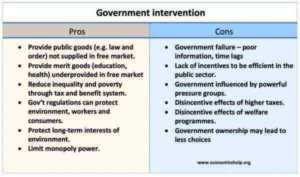


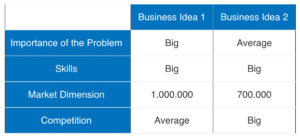




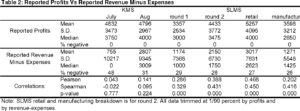





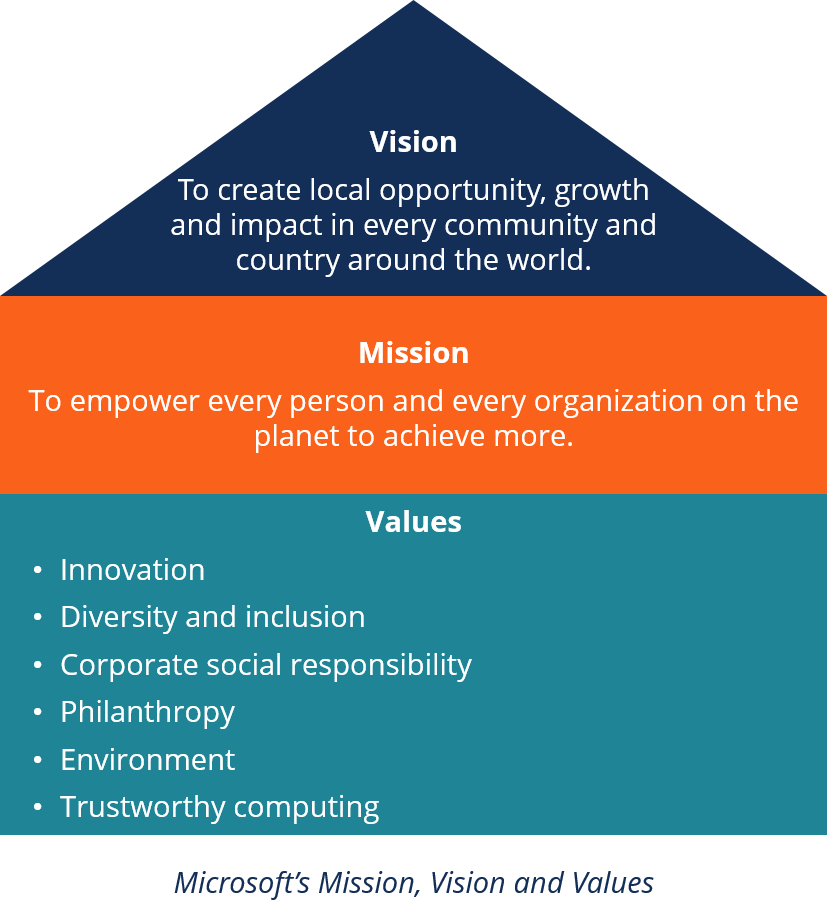


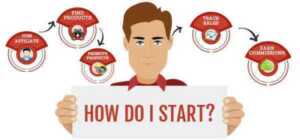

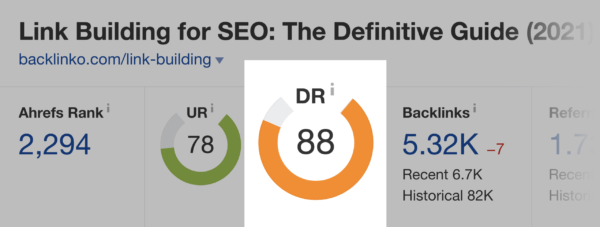
![How to Develop an Entrepreneurial Mindset [Podcast] How to Develop an Entrepreneurial Mindset [Podcast]](https://businessguarantor.com/wp-content/uploads/2021/03/how-to-develop-an-entrepreneurial-mindset-podcast.jpg)

